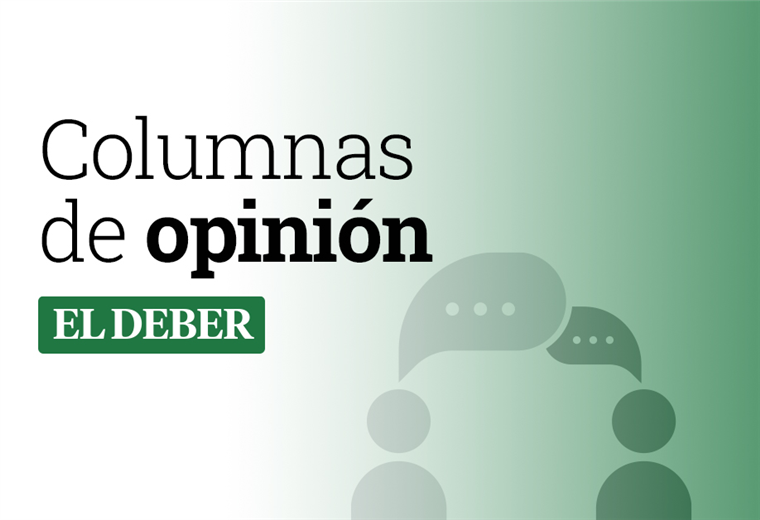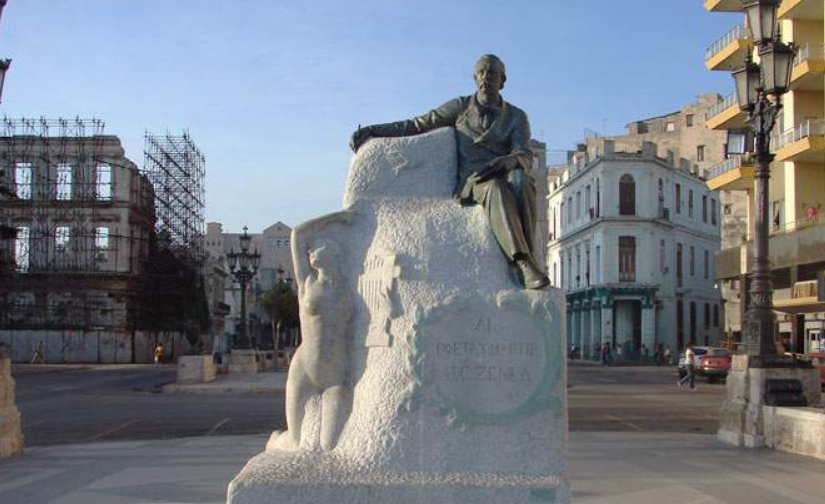August 25, 2024, 4:00 AM
August 25, 2024, 4:00 AM
On August 6, President Arce proposed a referendum with four questions. He was presented by the ruling elite as the great watershed in Bolivia’s economy and politics, almost as if he were a demiurge who would reveal the popular will and resolve all the difficulties facing Bolivia.
Furthermore, the regime’s propaganda positioned it as a political masterstroke, a move that, in popular language, was perceived as a “kick of the board” that left both insiders and outsiders out of the game.
Finally, the referendum questions have been revealed. The first is intended to open or close the path to Evo Morales’ candidacy, depending on the answer. The government is betting that the people will finally say “no” to the re-election of the former president.
The fourth question is an escape into the future, seeking to avoid the political dispute over the redistribution of seats between the different departments once the results of the Census are known. The new population distribution will take away representation from the departments that are losing population and will give more power to the growing regions. This could generate a lot of conflict, and through the referendum, the government is trying to offer a Solomonic solution: it proposes to increase the number of deputies so that no one loses.
As for questions 2 and 3, these focus on subsidies for special gasoline and diesel, and it is on these that we will concentrate, since they have identical wording.
The question is as follows: “Do you agree with maintaining the subsidy for special gasoline (diesel), as it is currently, despite the great economic cost that this implies for Bolivians, and considering that, having a price much lower than the international one, it generates smuggling, economic damage to the State, a shortage of dollars and a fuel shortage?” Uta Che. As you can see, it is a rather complicated question.
It is worth remembering that the most “posh” and bourgeois gasolines have already increased in price: premium plus (5.71 Bs) and ultra premium (6.73 Bs). And of course, in this case, nobody asked you whether they should increase or not. The government did not hesitate to make this decision. The rich people do not need to be consulted.
The referendum question on subsidies is a masterpiece of subtle persuasion – or rather, not so subtle. Here, to tell the truth, we see the government’s elephantine tact in the middle of grandmother’s glassware.
The wording is biased: “Wow, what an impartial question!” the clueless will say. It is as if you were asked: “Do you agree to continue supporting a sinking ship, leading everyone to certain death and causing the collapse of the universe as we know it? Answer Yes or No.” With phrases as neutral as “great economic cost,” “smuggling,” “economic damage to the State,” “dollar shortage,” and “fuel shortage,” it almost seems as if they are asking you to vote “no” with a fist on the table. And if you vote “yes,” it seems as if the five biblical plagues will wipe out the Bolivian economy. In this way, all responsibility and blame for the fiscal adjustment is transferred to the people, who, by the way, were not consulted about the wasteful spending and useless investments that led to the crisis.
Questions 2 and 3 are an oversimplification of complex problems: Oh, right, because all the country’s problems are due to the subsidy for premium gasoline. Smuggling? Blame it on cheap gasoline. Shortage of dollars? Dandruff attacks? Your breakup? Definitely the fault of premium gasoline. Insomnia problems? Again, the gasoline subsidy! It’s as if the economy were a simple game of cause and effect, where every problem can be traced back to a single source. If only everything were that easy! The shortage of dollars, for example, is just the tip of the iceberg of the exhaustion of the economic model and reflects multiple failed public policies of the government.
The question is like being taken to a food buffet and told: “You can eat this rotten salad or… well, there is no other option.” You are put between a rock and a hard place, with no viable alternative offered. What if we say “no” to the subsidy? Sky-high prices? Chaos? Neoliberal zombies? Who knows! Now, what if people say “yes”? High spending on subsidies for many years and higher taxes in the future to finance them.
Questions about subsidies implicitly assume positive outcomes. They seem to assume that if we remove the subsidy, all problems will magically disappear. As if simply saying “no” would solve smuggling, dollar shortages, and every other economic calamity. It’s a foolproof plan!… or well, maybe not so much. In reality, economic problems are not so easy to solve, but who has time for such boring details?
The referendum is loaded with emotional and ideological manipulation. These questions seem designed to make you feel guilty about anything other than rejecting the subsidy. It’s as if they were telling you: “If you vote ‘yes’, you’re probably also in favour of kicking puppies and strangling cats.” They play on the voter’s emotions, implying that any other answer would be treason or worse.
In short, referendum questions 2 and 3 are a masterpiece in how to frame a question so that the “correct” answer is practically set in stone before the voter has a chance to think. It’s like a magic trick, but instead of pulling a rabbit out of a hat, they pull out your critical sense. Bravo, master referendum illusionists!
However, as has happened so often in Bolivian history, the magic trick may backfire. There is a chance that people will vote to maintain subsidies on both diesel and gasoline, which would impose tremendous rigidity on fiscal policy for several years. As you can see, these two questions seem to present us with a sui generis dilemma: let us die or commit suicide.


















